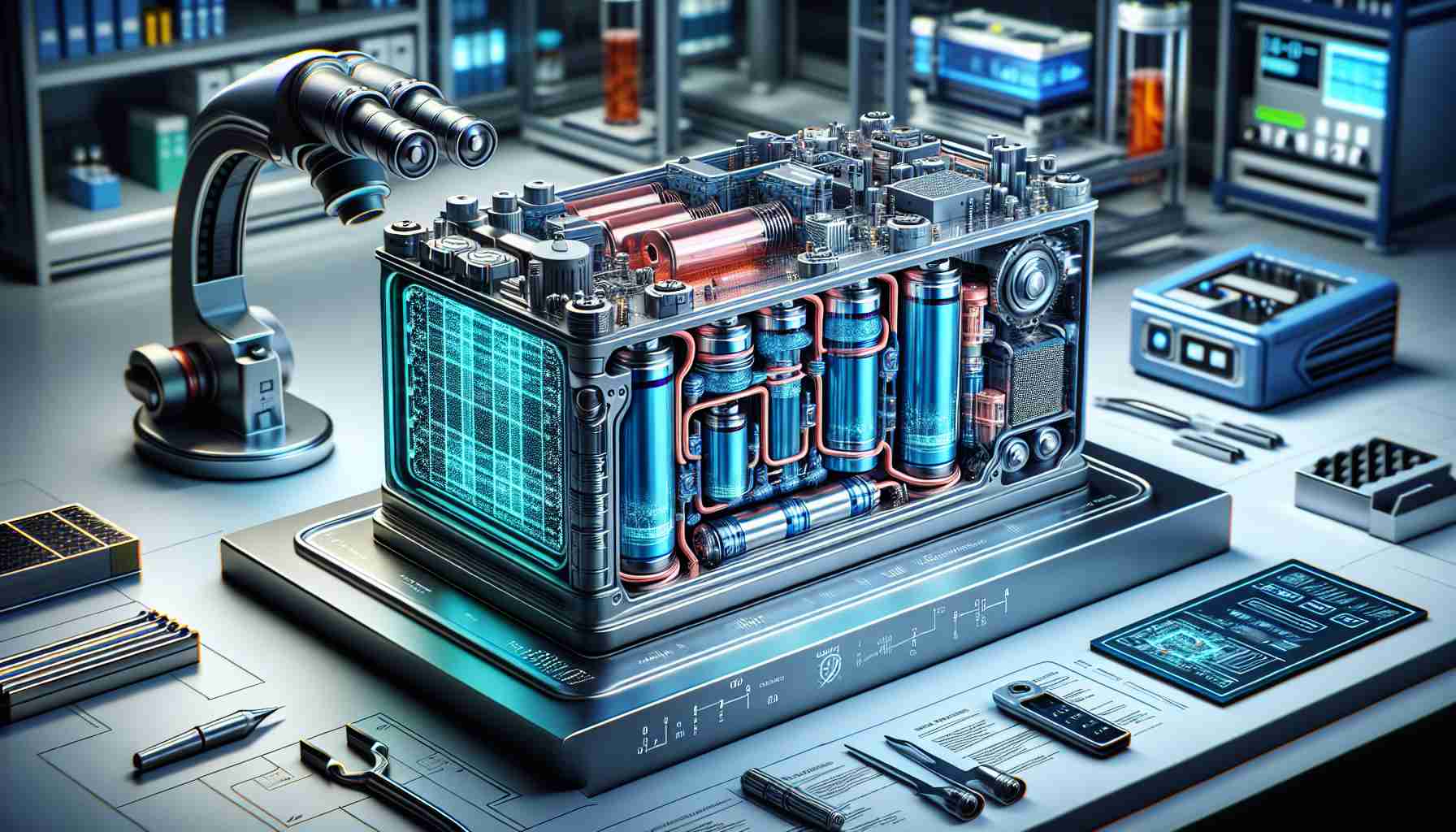Summary: Electric vehicles (EVs) are becoming increasingly popular with advancements in battery technology. These advancements aim to improve range, charging time, and overall performance. This article explores some of the recent breakthroughs in EV battery technology and their potential impact on the future of transportation.
Introduction: Electric vehicles have gained significant traction in recent years as the push for a more sustainable and greener transportation system continues. One of the critical components in these vehicles is the battery technology, which determines factors such as range, charging efficiency, and overall performance. This article examines the latest advancements in EV battery technology and their potential implications for the automotive industry and the environment.
Advancements in EV Battery Technology:
1. Increased Energy Density: Researchers and manufacturers have been striving to enhance the energy density of EV batteries. Energy density refers to the amount of energy a battery can store in a given volume or weight. Higher energy density allows electric vehicles to achieve longer ranges without increasing battery size. Lithium-ion batteries, currently the most common type used in EVs, have seen substantial improvements in energy density in recent years.
2. Solid-State Batteries: Solid-state batteries represent a significant advancement in EV battery technology. Unlike conventional lithium-ion batteries, which use liquid electrolytes, solid-state batteries employ solid electrolytes. These batteries offer several benefits, including improved safety, higher energy density, faster charging times, and longer lifespan. Although still in the development phase, solid-state batteries hold immense potential for the future of electric vehicles.
3. Quick Charging: One of the main challenges for widespread EV adoption is charging time. Advances in battery technology aim to reduce the time it takes to recharge an electric vehicle significantly. Innovative charging technologies, such as ultrafast charging and wireless charging, are being explored to make charging more convenient for EV owners. These advancements could make electric vehicles as practical as their internal combustion engine counterparts.
4. Recycling and Sustainability: As the demand for electric vehicles increases, the need for sustainable battery production and recycling also grows. Battery manufacturers are investing in research and technologies to make battery production more environmentally friendly, including the development of recyclable materials and processes. Proper battery recycling helps to recover valuable resources, reduces waste, and minimizes the environmental impact of battery production and disposal.
FAQ:
Q1. How long does it take to charge an electric vehicle?
The charging time for electric vehicles varies depending on the battery capacity and the charging station’s power output. With the latest advancements in EV battery technology, fast-charging options are becoming more widely available, reducing charging times significantly. In some cases, electric vehicles can be charged to 80% in as little as 30 minutes.
Q2. What is the energy density of an EV battery?
Energy density is a measure of how much energy can be stored in a given volume or weight of a battery. It is typically measured in watt-hours per kilogram (Wh/kg) or watt-hours per liter (Wh/L). Higher energy density means that an electric vehicle can travel further on a single charge without increasing the battery size or weight.
Q3. Are solid-state batteries currently available in electric vehicles?
Solid-state batteries are still in the developmental stage and have not yet been widely commercialized. However, several companies and research institutions are actively working on solid-state battery technology, and it is expected that they will become a reality in the near future.
Conclusion: Advancements in electric vehicle battery technology have the potential to revolutionize the transportation sector. With increased energy density, the development of solid-state batteries, faster charging options, and improved sustainability, the future of electric vehicles looks promising. As battery technology continues to evolve, we can expect to see more efficient, powerful, and environmentally friendly electric vehicles on our roads in the years to come.
Sources:
– “The Advancements in Electric Vehicle Battery Technology” – Green Car Reports – www.greencarreports.com
– “Solid-State Batteries: The Future of Electric Vehicles?” – Technology Review – www.technologyreview.com
The source of the article is from the blog procarsrl.com.ar
